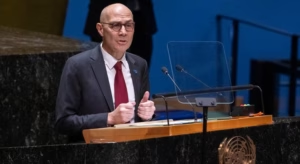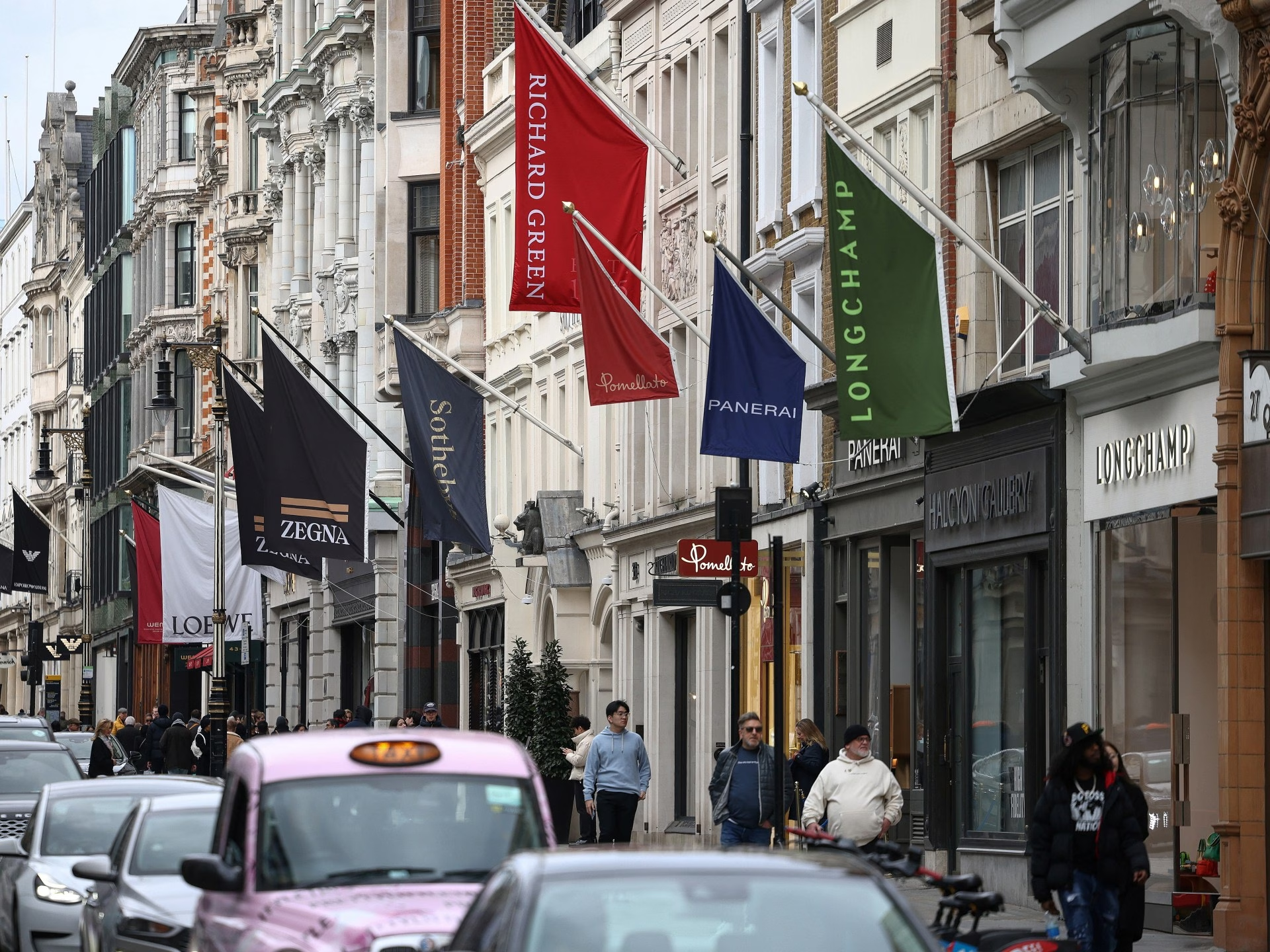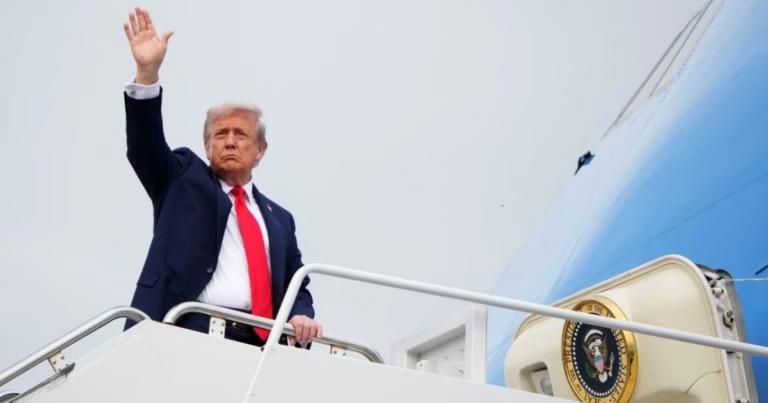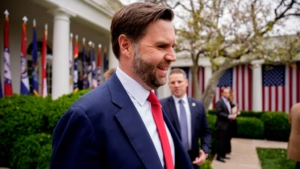Ms. Verity has been closely monitoring the news and feels anxious about the potential effect on her business. She worries about passing on the extra costs to customers and the lack of information to provide them.
Like Verity, countless business owners worldwide are trying to calculate whether they can continue to operate under the new tariffs, introduced by Trump in an effort to improve the US’s financial situation.
Tina McKenzie, policy chair of the Federation of Small Businesses, stated that the 10% tariffs on UK-US trade could have a significant, detrimental effect on small UK businesses exporting to the US, which is crucial for their survival in a sluggish domestic economy.
Many economists and analysts have also criticized the tariffs, as there is no logical reason behind them. Steven Hail, an Australian economics professor, stated he could not find any coherent arguments in favor of the strategy.
The market has responded negatively to the tariffs, with a significant drop in global stocks and commodities. Nike, which manufactures many of its shoes in Vietnam, was particularly affected with a 14% drop in its stock price.
While the UK has a lower tariff rate compared to the EU and other major trading partners, experts suggest this difference is due to a straightforward calculation and not preferential treatment. The new tariffs are expected to cause short-term disruption as the changes take effect, though there is a possibility of future negotiations to reduce the rates.
Some have suggested that governments may need to provide assistance to small businesses affected by the change. Analysts predict the EU will not take these tariffs lightly and may respond, which could lead to further damage to both exporting and importing businesses.
UK Prime Minister Keir Starmer stated he will keep a “cool head,” but whether he can influence Trump remains to be seen. An old economic belief is that when the US experiences economic difficulties, the rest of the world follows, an idea that may play out now with the extension of these tariffs to even remote regions like the Heard and McDonald Islands in the Antarctic, where the target of raising significant taxes from penguin-populated territories seems unlikely.









